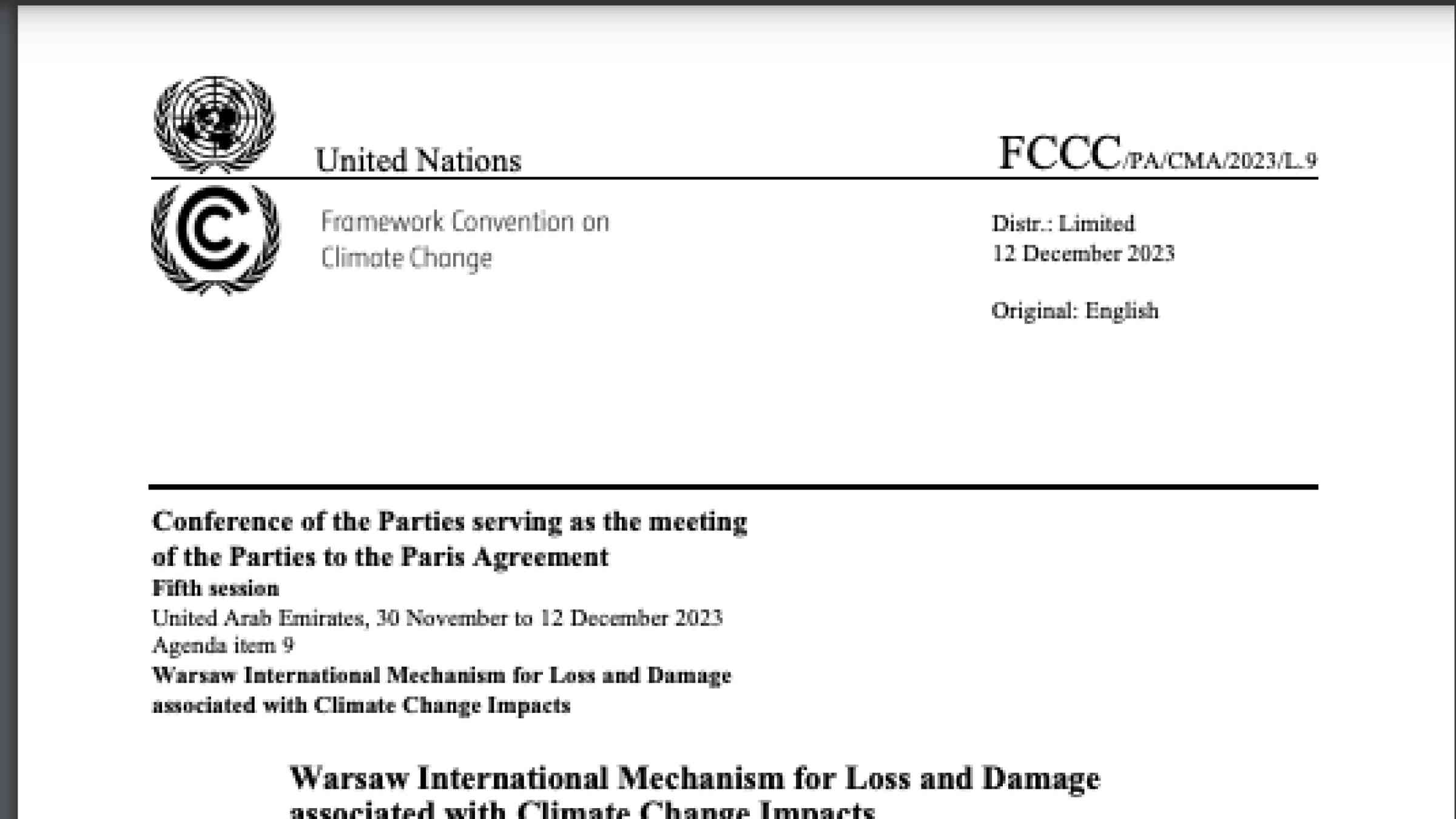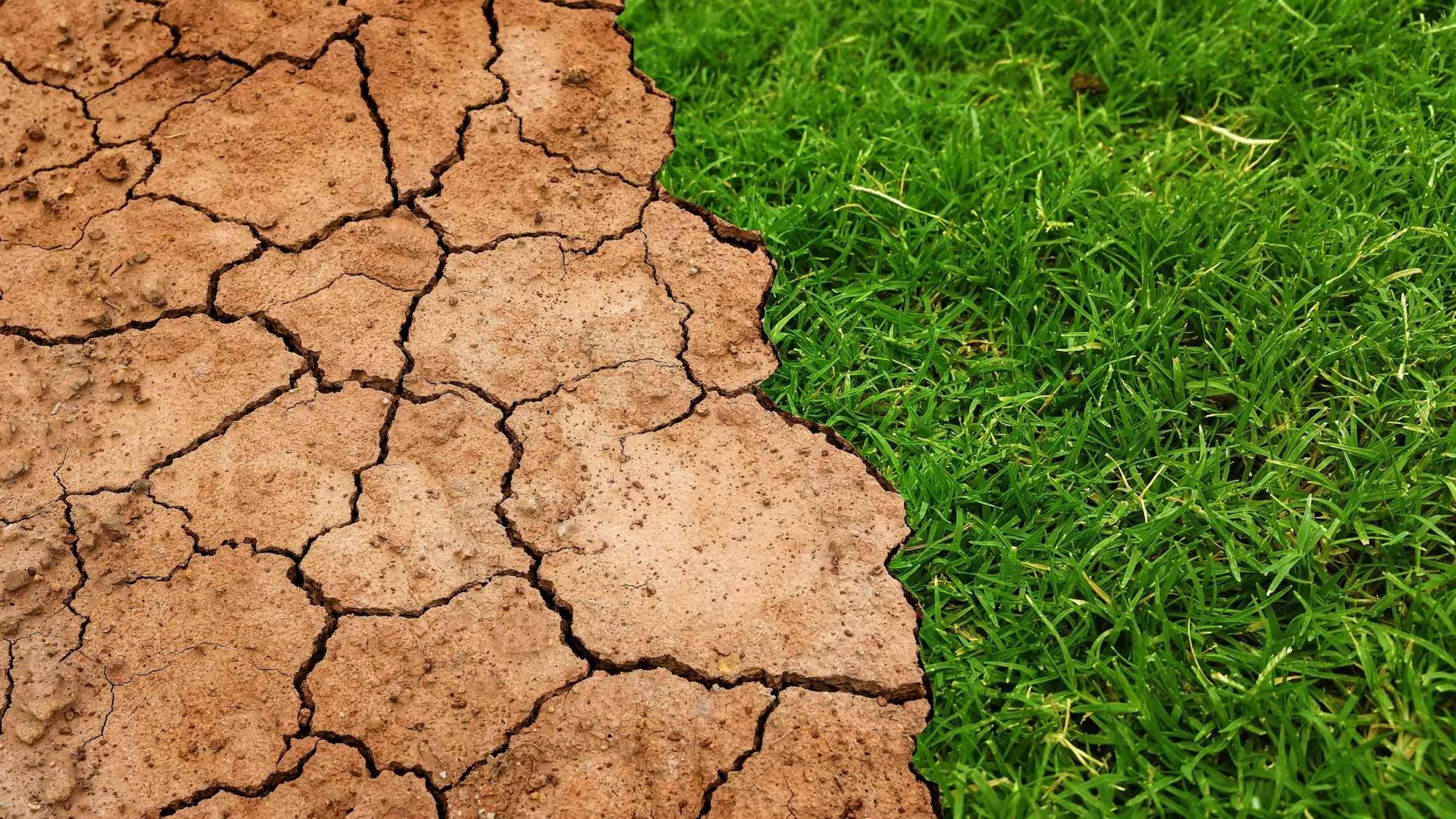The Santiago Network
The Santiago network, established in December 2019 at COP 25, plays a crucial role in addressing climate change impacts in developing countries. It focuses on catalysing technical assistance from various organizations, bodies, networks, and experts to support developing countries in averting, minimizing, and addressing loss and damage caused by climate change.
Its mandate includes facilitating access to knowledge, resources, and technical assistance needed to address climate risks comprehensively. At COP28, UNDRR and the United Nations Office for Project Services (UNOPS) were announced as the hosts of the Santiago network secretariat.
Decision documents


Functions of the Santiago network
(a) Contributing to the effective implementation of the functions of the Warsaw International Mechanism, in line with the provisions in paragraph 7 of decision 2/CP.19 and Article 8 of the Paris Agreement, by catalysing the technical assistance of organizations, bodies, networks and experts;
(b) Catalysing demand-driven technical assistance including of relevant organizations, bodies, networks and experts, for the implementation of relevant approaches to averting, minimizing and addressing loss and damage in developing countries that are particularly vulnerable to the adverse effects of climate change by assisting in:
(i) Identifying, prioritizing and communicating technical assistance needs and priorities;
(ii) Identifying types of relevant technical assistance;
(iii) Actively connecting those seeking technical assistance with best suited organizations, bodies, networks and experts;
(iv) Accessing technical assistance available including from such organizations, bodies, networks and experts;
(c) Facilitating the consideration of a wide range of topics relevant to averting, minimizing and addressing loss and damage approaches, including but not limited to current and future impacts, priorities, and actions related to averting, minimizing, and addressing loss and damage pursuant to decisions 3/CP.18, and 2/CP.19, the areas referred to in Article 8, paragraph 4, of the Paris Agreement and the strategic workstreams of the five-year rolling workplan of the Executive Committee;
(d) Facilitating and catalysing collaboration, coordination, coherence and synergies to accelerate action by organizations, bodies, networks and experts, across communities of practices, and for them to deliver effective and efficient technical assistance to developing countries;
(e) Facilitating the development, provision and dissemination of, and access to, knowledge and information on averting, minimizing and addressing loss and damage, including comprehensive risk management approaches, at the regional, national and local level;
(f) Facilitating, through catalysing technical assistance, of organizations, bodies, networks and experts, access to action and support (finance, technology and capacity building) under and outside the Convention and the Paris Agreement, relevant to averting, minimising and addressing loss and damage associated with the adverse effects of climate change, including urgent and timely responses to the impacts of climate change.



